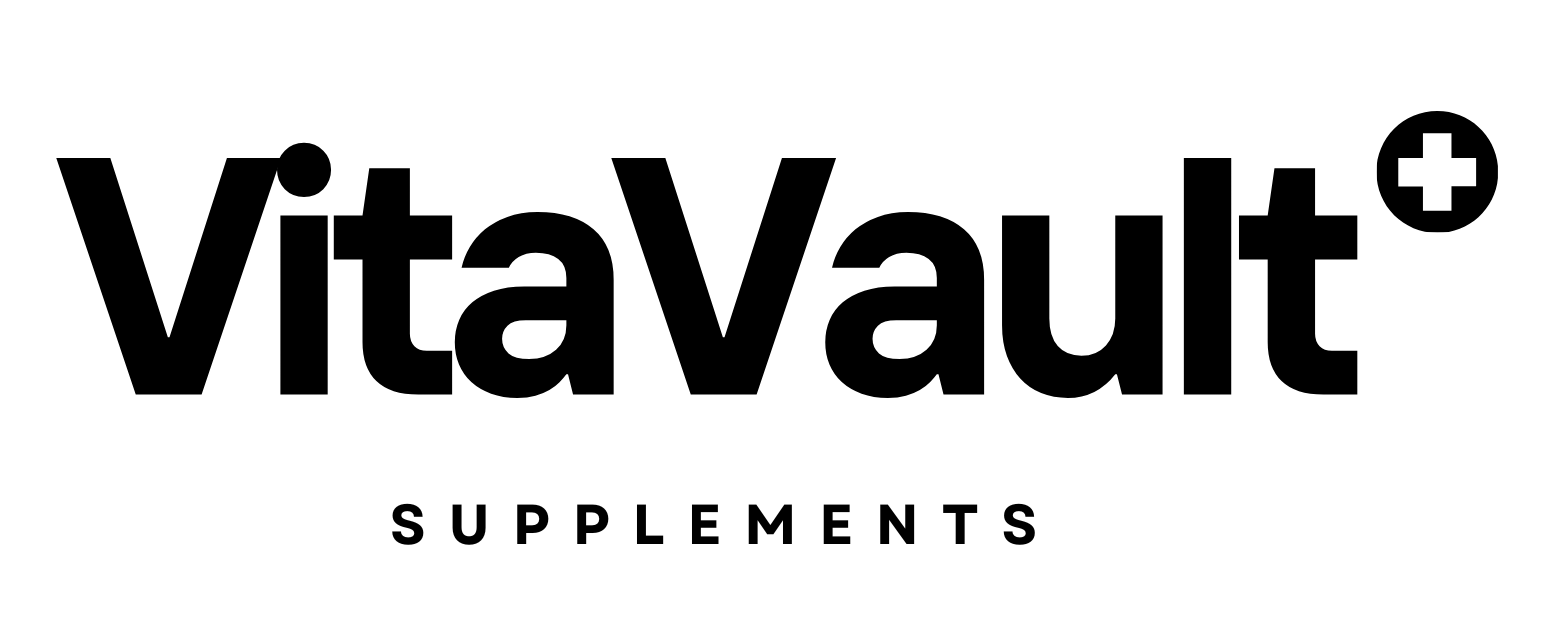The Science of N-Acetylcysteine (NAC): A Powerful Antioxidant for Cellular Health
What is N-Acetylcysteine (NAC) & Why Is It Important?
N-acetylcysteine (NAC) is a widely studied compound known for its ability to replenish glutathione, a crucial antioxidant that helps maintain cellular balance and detoxification (Sahasrabudhe et al., 2023). Originally developed as a mucolytic agent, NAC has since gained recognition for its broader biological effects, particularly in antioxidant defence, respiratory health, and liver detoxification (Schwalfenberg, 2021).
NAC as a Key Antioxidant
Oxidative stress occurs when there is an overproduction of reactive oxygen species (ROS) that overwhelm the body's ability to neutralise them. This imbalance can lead to cellular damage, affecting various physiological functions (Mokhtari et al., 2017). NAC helps counteract oxidative stress by supplying cysteine, a precursor to glutathione, which plays a major role in neutralising ROS and maintaining redox balance (Sahasrabudhe et al., 2023).
Additionally, NAC has been found to influence mitochondrial function, an essential aspect of energy production and cellular stability (Schwalfenberg, 2021). Studies show that NAC supplementation can enhance antioxidant defences and support metabolic efficiency at the cellular level (Mokhtari et al., 2017).
Key N-Acetylcysteine (NAC) Benefits for Health & Longevity
Respiratory Health and Mucolytic Properties: Clearing Mucus and Supporting Lung Function
NAC has been widely used to improve respiratory function by acting as a mucolytic agent, helping to break down thick mucus and facilitate its removal from the airways (Schwalfenberg, 2021). This makes it beneficial for individuals experiencing excessive mucus build-up due to temporary conditions such as infections or environmental irritants (Sahasrabudhe et al., 2023).
The mechanism behind NAC’s mucolytic effect lies in its ability to disrupt disulphide bonds within mucoproteins, reducing mucus viscosity and promoting easier clearance (Mokhtari et al., 2017). This property has led to its widespread use in nebulised and oral forms for individuals needing respiratory support.
Potential Role in Immune Function
By reducing oxidative stress and inflammation in the lungs, NAC may also support overall immune function (Schwalfenberg, 2021). Studies suggest that NAC supplementation can help maintain a balanced inflammatory response, which is important for respiratory health (Sahasrabudhe et al., 2023).
Liver Detoxification and Cellular Protection
The liver is the body’s primary site for detoxification, breaking down harmful substances and removing metabolic byproducts. NAC plays a crucial role in this process by replenishing glutathione, which is necessary for detoxifying environmental toxins, pollutants, and excess metabolic waste (Sahasrabudhe et al., 2023).
Protection Against Toxins and Medications
NAC is widely used in clinical settings to prevent liver damage from paracetamol (acetaminophen) overdose, a condition in which excessive drug intake depletes glutathione stores and leads to toxic accumulation (Schwalfenberg, 2021). By restoring glutathione levels, NAC helps neutralise toxic byproducts and supports liver function (Mokhtari et al., 2017).
Beyond medication-induced toxicity, NAC may assist in managing the body’s response to environmental pollutants and oxidative stressors that burden liver function (Sahasrabudhe et al., 2023).
NAC and Its Relationship with Physical Performance and Exercise
Research on N-acetylcysteine (NAC) supplementation and its impact on physical performance has produced mixed findings. A systematic review of controlled trials found that while some studies suggest NAC may:
- Enhance endurance
- Delay fatigue
-
Support oxygen utilisation by reducing oxidative stress,
Where as other studies report no significant improvements in key performance metrics (Fernández-Lázaro et al., 2023).
NAC’s ability to maintain glutathione homeostasis and counteract reactive oxygen species (ROS) has been linked to potential benefits in muscle recovery, with some studies indicating reduced markers of muscle damage such as creatine kinase (CK) and modulation of inflammation, while others did not observe meaningful effects (Fernández-Lázaro et al., 2023).
Given the variability in findings, NAC supplementation (typically 600–1200 mg/day) may be beneficial in certain contexts, but its efficacy likely depends on factors such as exercise type, intensity, and individual physiology. We feel that more research is needed to determine its role in sports nutrition, and individuals considering supplementation should do so with an awareness of the current scientific outcomes (Fernández-Lázaro et al., 2023).
Cognitive Support and Brain Function
Regulating Oxidative Balance in the Brain
The brain is highly susceptible to oxidative stress due to its high metabolic activity and oxygen demand (Schwalfenberg, 2021). NAC’s role in replenishing glutathione helps maintain cellular integrity and supports normal brain function (Mokhtari et al., 2017).
Studies indicate that NAC has the potential to enhance neurotransmitter balance and protect against oxidative damage that can impact cognitive processes (Sahasrabudhe et al., 2023). This suggests that NAC supplementation may support mental clarity and focus, particularly in individuals exposed to high levels of environmental stress (Schwalfenberg, 2021).
Daily Use and Safety Considerations
General Safety Profile
NAC is generally well tolerated, with mild side effects such as gastrointestinal discomfort or nausea occurring in some individuals (Schwalfenberg, 2021).
Recommended Dosage
-
General Antioxidant Support: 600–1200 mg/day (Schwalfenberg, 2021)
-
Liver Detoxification: 600–1200 mg/day (Sahasrabudhe et al., 2023)
NAC supplementation should be used responsibly, and individuals with pre-existing conditions or those taking medications should consult a healthcare provider before starting a new regimen (Schwalfenberg, 2021).
Why you should choose our NAC !
Our N-Acetyl-Cysteine (NAC) 600mg supplement offers a pure formula designed to support antioxidant defense, liver detoxification, and respiratory health. Each capsule provides 600mg of NAC, a clinically studied dose known for replenishing glutathione levels, the body’s master antioxidant. Formulated with minimal ingredients, our NAC supplement is free from unnecessary fillers and additives. It is encapsulated in a vegan-friendly Hydroxypropyl Methylcellulose (HPMC) shell, making it suitable for vegetarians.
Conclusion
NAC is a well-researched compound that plays a crucial role in antioxidant defence, respiratory health, and detoxification processes. Its ability to replenish glutathione, regulate oxidative stress, and support cellular function makes it a valuable addition to a wellness-focused lifestyle (Mokhtari et al., 2017). While it has clinical applications in specific medical treatments, NAC is also widely recognised for its general support of immune health, liver function, and cognitive balance (Sahasrabudhe et al., 2023).
Regular supplementation, when used appropriately, may contribute to maintaining overall health by supporting the body's natural detoxification and antioxidant systems (Schwalfenberg, 2021).
Reference list


Share:
Ashwagandha Benefits: How This Ancient Herb Supports Stress, Sleep & Vitality
Probiotic Supplementation: How Golden Kiwi Supports Gut Health & Immunity